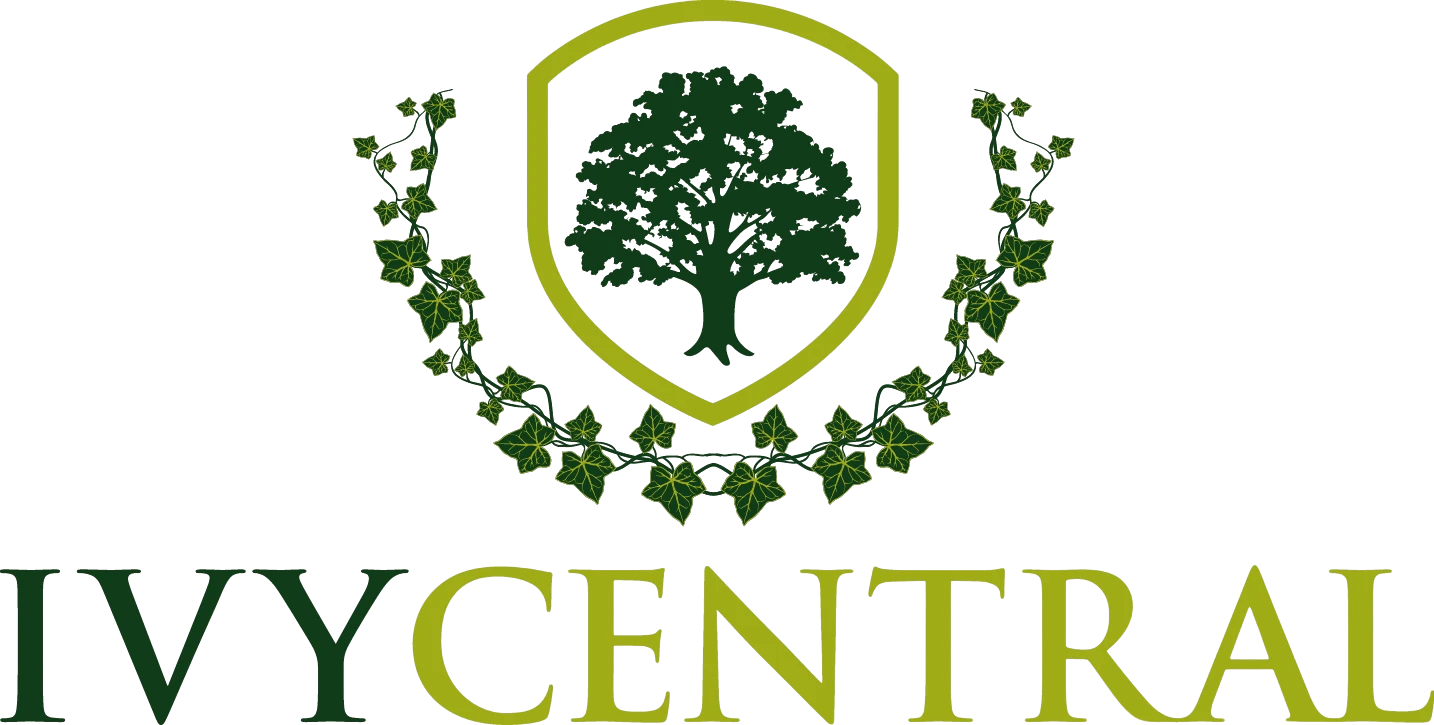%20(1).jpg#keepProtocol)
Studying Medicine in the UK
If you are planning on studying medicine, the UK is a great place to start. The world-class universities with passionate teachers and state-of-the-art facilities will allow you to hone your specialism. Studying in the UK gives you the unique advantage of caring for people in real clinical settings. Hence, you don’t have to wait until you graduate to discover what it’s like in the real world. The excellent relationship forged between hospitals and universities allows students to put their theories and skills into practice much sooner. This makes them inherently confident practitioners when they graduate and sets them up for success anywhere in the world.
The UK is home to four of the top ten medical colleges in the world. The university hospitals have, to their credit, pioneered treatments for some of the most pressing medical challenges in the world.
What will you study?
With over 60 specialisms on offer, international medical students have the flexibility to tailor their degrees to their unique interests and learning preferences. Modular course structures empower them to explore interdisciplinary approaches or craft a program that aligns with their aspirations.
You can choose a specialism from any of the following:
- General Practice
- Anaesthetics
- Medicine
- Pathology
- Psychiatry
- Radiology
- Surgery
At UK medical colleges, students study two years of pre-clinical studies, followed by three years of clinical studies. Upon completing the course, students meeting the stringent standards of their programs will graduate with a Bachelor of Medicine and Surgery, more commonly abbreviated as MBBS, or MBChB in the UK. The graduates, at this stage, are not doctors. They only have provisional registration with the General Medical Council (GMC) and only after they complete their foundation program, where they would be a junior doctor completing training in a hospital.
Junior doctors will receive their full registration with the GMC after the first year. They can then either go in for private practice or choose to complete the second year of the foundation program, followed by specialty training. This can take three years for general practice and up to eight years for other specialties.
Entry requirements for Indian students
Medical schools across the UK have stringent requirements, which may vary from one college to another. The acceptable qualifications are:
- International Baccalaureate: 37 points, including chemistry and another science subject.
- A-level: AAA includes chemistry and other sciences, such as math, physics, biology, or psychology.
- Indian Boards: ISC/CBSE-Standard XII with 90%–85% and 95% in state boards with
Medical schools such as UCL, Imperial College, and quite a few others do not accept any other international qualifications apart from A-Level and IB. The Cambridge website clearly states that “Class XII school leaving qualifications are not considered to be suitable preparation for a competitive application to the University of Cambridge. Applications from students taking Class XII school leaving qualifications from any exam board will only be considered competitive if they are accompanied by additional qualifications,” leaving Indian students from CBSE/ISCE feeling somewhat disadvantaged.
Personal Statement
Medical schools require a strong personal statement or portfolio to assess students’ motivation and their awareness of the inherent responsibilities and challenges of the profession. Showcasing your personal experiences that have influenced your decision to become a doctor—a range of experience in primary care or a hospital, voluntary work in care homes, hospices, or special schools. will allow colleges to differentiate you from the large pool of fresh applicants. Both clinical and non-clinical experience are important, but it is recognized that not everyone will be able to secure clinical work experience.
Entrance Exams for Indian Students Pursuing MBBS in the UK
Most universities in the UK require students to appear for the University Clinical Aptitude Test (UCAT). These exams assess students’ reasoning skills, namely verbal, quantitative, abstract, and decision-making. A fifth component is a situational judgment test (SJT) that tests the qualities required in the healthcare profession. Reading through good medical practices will help you prepare better for this section. Practicing for the tests for at least six to eight months will help you do well. Scoring high in the UCAT will boost your application.
UK medicine interview formats
Medical schools in the UK use two interview formats:
- The traditional panel interview and the
- Multiple mini-interviews.
A school will rarely use a different type of interview format, and researching the website will give you an insight into the format followed. A work experience form is completed and submitted at the interview.
Students must be 18 years old before the start of the medical program in the UK. Checking all universities minimum age requirements for Medical programs is important before applying.
Hippocrates, the ancient Greek physician and writer of the Hippocratic Oath, once said, “Wherever the art of medicine is loved, there is also a love of humanity.” Medicine is considered the most altruistic profession in the world. Aiming at restoring human well-being, it is a direct result of a partnership between patient and doctor based on mutual respect, an individual’s responsibility, and appropriate accountability.
Working with study abroad consultants, overseas education consultants, or, as more commonly known, college counselors, can help you plan and make those high school years count. Ivy Central offers exceptional focus to help you prepare for college admissions throughout the high school years. Start today!
